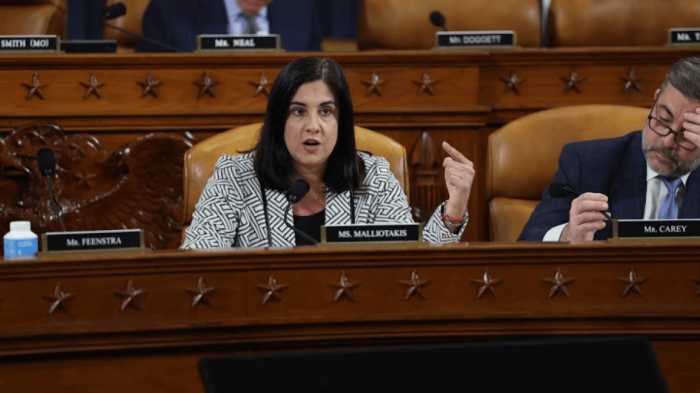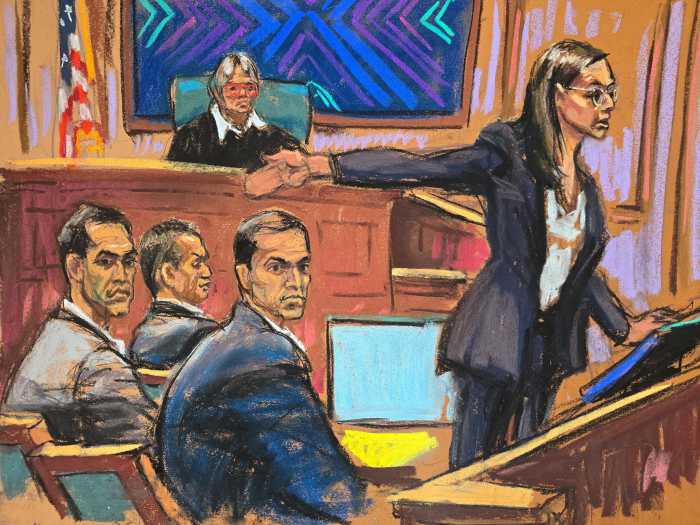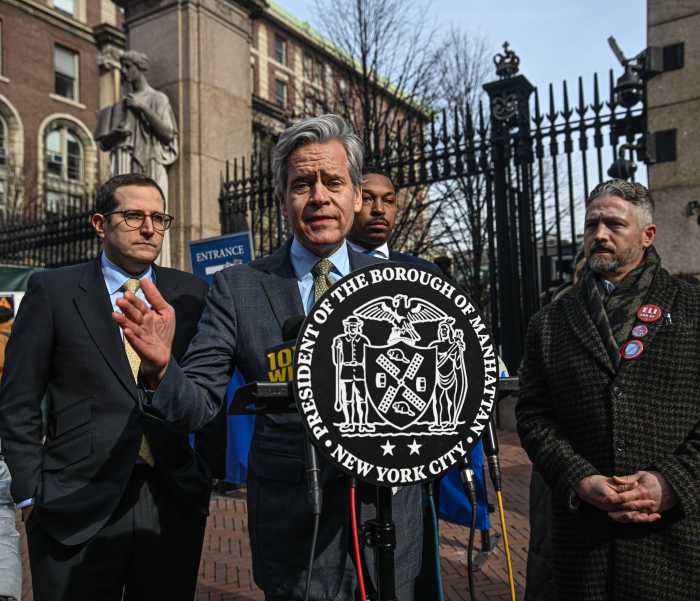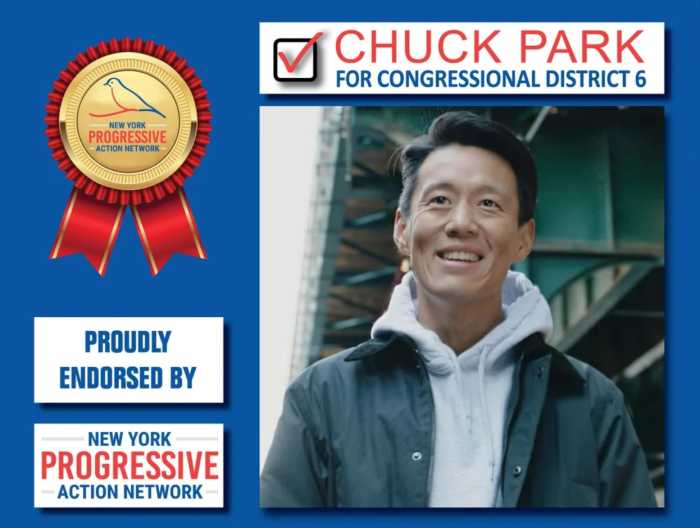New York City’s monthly average jail population is on track to drop below 9,000 for the first time in 35 years, Mayor Bill de Blasio announced Wednesday.
There were 8,783 inmates at Rikers Island on Wednesday, and its average daily population for December was at 8,980, per the mayor’s office, setting the jail on track to match a monthly average from 1982. By comparison, there was a record high of 21,674 inmates at Rikers in 1991, according to the mayor’s office.
In March, de Blasio vowed to close the city’s beleaguered jail complex and outlined a comprehensive plan that involved creating smaller, borough-based jails that he said would be safer and fairer for inmates. But in order for the shift to smaller jails to become a reality, the city needs to reduce the inmate population to 5,000.
Crime statistics, meanwhile, continue to drop in the city. As of Dec. 24, there have been 284 homicides in 2017 — a 14 percent drop compared with the same time period from 2013, the mayor’s office said.
De Blasio touted the numbers as evidence that large cities can reduce jail population and be safe at the same time.
“Today, New York City has the lowest incarceration rate of all large U.S. cities and crime rates continue to fall, proving that a large city can have small jails and safe communities,” the mayor said in an emailed statement. “We’ve been carrying out a multi-pronged effort over the course of my first term to shrink our jail population, and today we see the results: a jail population lower than it’s been in 35 years.”
The population reduction is considered by the mayor’s office to be a “major milestone” in his administration’s efforts to close Rikers Island. De Blasio pointed to several initiatives — a decrease in low-level crime arrests, the citywide supervised release program and expanded diversion programs among them — that have contributed to the decrease.
Tina Luongo, attorney-in-charge of the Criminal Defense Practice at The Legal Aid Society, which has supported closing Rikers Island, applauded the reduction but warned more work still needs to be done.
“Today’s announcement signals that things are moving in the right direction but City Hall must continue to prioritize the explicit goal of shuttering Rikers Island as soon as possible,” Luongo said in an emailed statement. “The onus of making this a reality is not solely on the administration, however. Albany must also do its part to fast-track closing Rikers by passing comprehensive criminal discovery and speedy trial reforms this upcoming session.”
Activists in favor of closing Rikers, which is widely considered to be plagued by violence and corruption, have been urging de Blasio to shutter the jail for years. On Election Day in November, dozens of activists from the group #CLOSErikers protested outside of the mayor’s polling site at the Park Slope library. De Blasio and his wife Chirlane McCray chose to enter through a rear door of the building, avoiding the protesters.
At the time, de Blasio said he chose not to address reporters outside of the polling site because he “wanted to keep it simple.”
Most at issue, according to the activists, is that de Blasio’s plan to close Rikers will take 10 years and saddles the City Council with the task of choosing where the borough-based jails would be located — a move that angered some council members.
City Council Speaker Melissa Mark-Viverito, who also pushed de Blasio to close Rikers before he announced his plan to do so, said on Wednesday the decrease indicated that it may not take 10 years to shutter the jail complex.
“This historic announcement of this massive jail population reduction is a milestone in our path to closing Rikers Island,” the council speaker said in an emailed statement. “This milestone will help advance our progress in closing Rikers even sooner than we anticipated.”
JoAnne Page, president and CEO of the Fortune Society, a nonprofit that advocates for formerly incarcerated individuals, also welcomed the announcement.
“We are proud to be part of the effort to close Rikers through our policy advocacy and through our programs to prevent recidivism and unnecessary incarceration through services at Rikers and post-release, supportive housing, mental health and substance abuse treatment, and alternatives to incarceration and detention,” Page said. “We are proud that New York City leads the country in reducing both crime and incarceration, but there is much work still to do.”






































